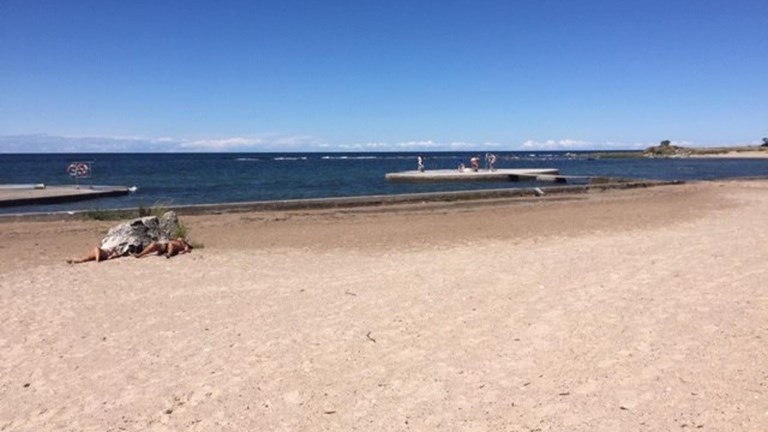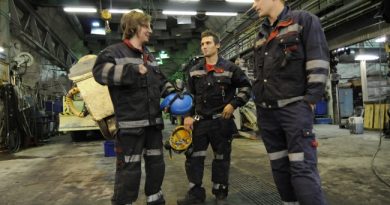Warnings in Sweden about dangerous bacteria in Baltic Sea

Last year, a record number of people in Sweden were infected by the water-bourne bacteria Vibrio, which can cause serious infection.
The spread of Vibrio is likely to increase as climate change warms up oceans. Projections show that the Baltic Sea will likely be warmer during a longer season and further north. Studies from the European Centre for Disease Prevention and Control show that this increases the growth of the bacteria Vibrio in the water.
In 2018, 135 people in Sweden were infected by Vibrio, the highest number since 2004, the first year the infections had to be reported to the health authorities. One of the infected people died. If you swim with an open wound and get a Vibrio infection, you can get blood poisoning. Vibrio can also cause ear infections and diarrhea if you swallow water with the bacteria in it.
Related stories from around the North:
Canada: Thawing permafrost in Canada’s Northwest Territories releasing acid that’s breaking down minerals: study, CBC News
Finland: Satellite photos show contaminated algae blooming in southern coast of Finland, Yle News
Norway: Climate change is driving micro-algae blooms into High Arctic and may affect food chains, says study, Eye on the Arctic
Sweden: Many towns in Sweden seek funds to clean up polluted sites, Radio Sweden
United States: Algae-related toxins found in Arctic sea mammals, Alaska Dispatch News



